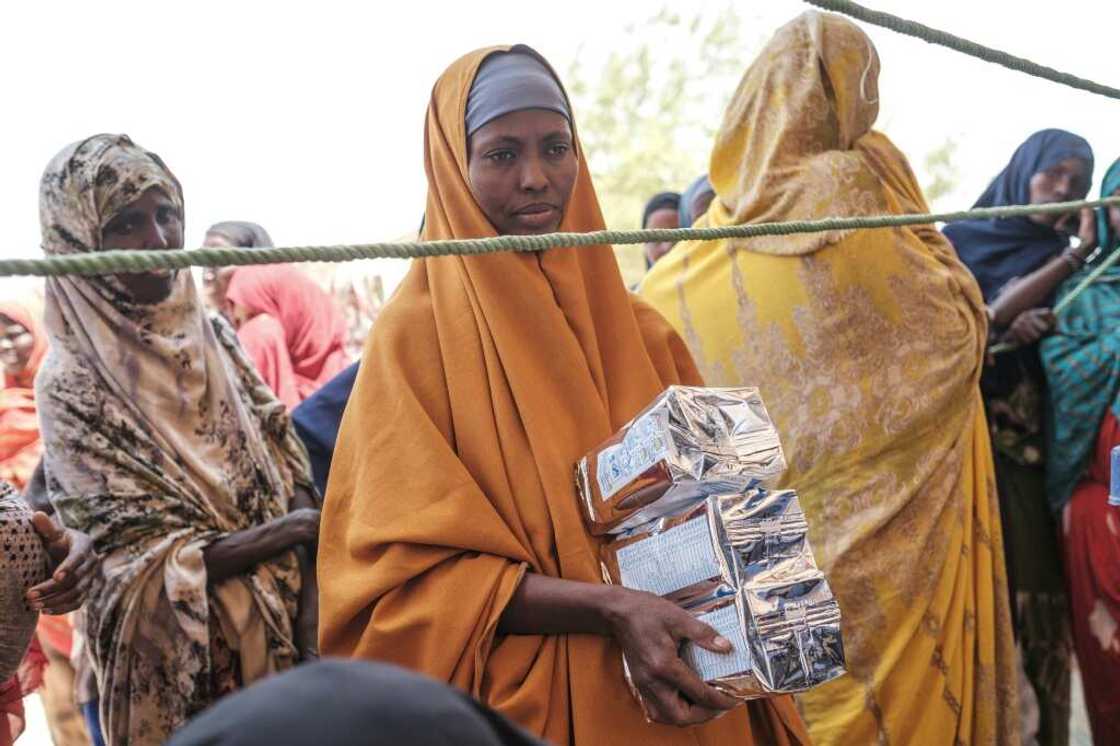UN warns African refugees face food cuts due to inadequate funds

Source: AFP
The UN's World Food Programme warned on Sunday that refugees in East and West Africa faced smaller food rations due to a surge in demand and insufficient funding.
Three-quarters of refugees in East Africa supported by the United Nations' programme have seen their rations reduced by up to 50 percent, WFP said, with those in Ethiopia, Kenya, South Sudan and Uganda the worst affected.
"We are being forced to make the heartbreaking decision to cut food rations for refugees who rely on us for their survival," said WFP executive director David Beasley.
Available resources could not keep up with the soaring demand for food around the globe, he said.
In West Africa -- specifically Burkina Faso, Cameroon, Chad, Mali, Mauritania and Niger -- WFP had "significantly" reduced rations.
It warned of imminent disruptions in Angola, Malawi, Mozambique, Republic of Congo, Tanzania and Zimbabwe.
PAY ATTENTION: Join Legit.ng Telegram channel! Never miss important updates!
On Tuesday, the WFP appealed for $426 million to stave off famine in South Sudan, where years of conflict and floods have forced millions of people from their homes.
It said more than two-thirds of the population required humanitarian assistance, with 8.3 million people, including refugees, expected to face "severe acute hunger" this year.
The war in Ukraine has significantly worsened the global refugee crisis and the risk of famine, not only creating six million additional refugees as civilians flee conflict zones, but in pushing up commodity prices, especially grain.
On Saturday, the EU foreign policy chief Josep Borrell accused Russia of choosing to "weaponise" grain exports by blocking grain from Ukraine destined for poor countries.
Before the Russian invasion, Ukraine served as one of the world's leading breadbaskets -- exporting roughly 12 percent of the planet's wheat, 15 percent of its corn, and half of its sunflower oil.
UN Secretary-General Antonio Guterres has said the war could "tip tens of millions of people over the edge into food insecurity".
Source: AFP


